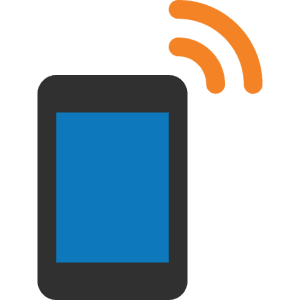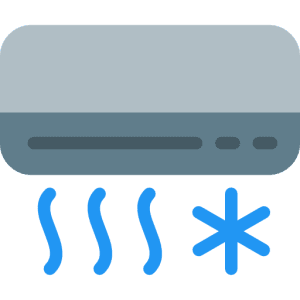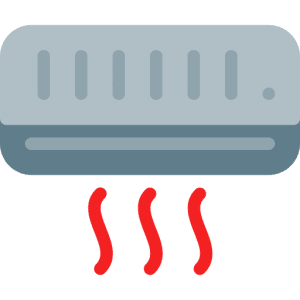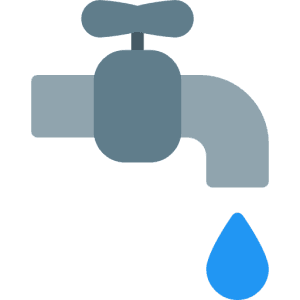What to Do if Your Generator Fails During a Storm in North Charleston, SC
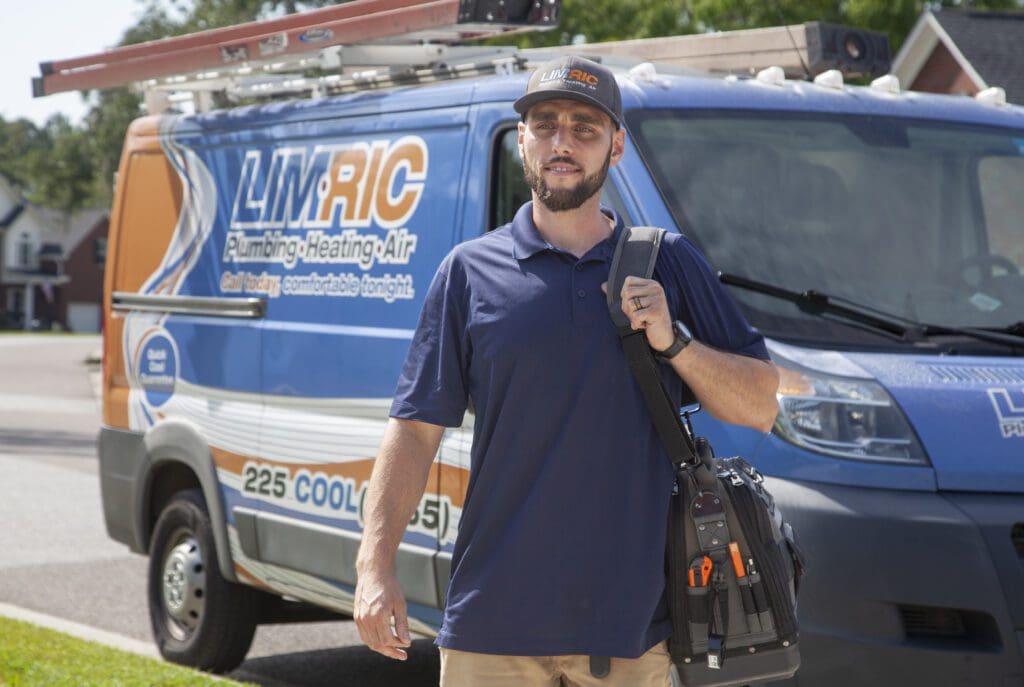
Storms are part of life in Charleston County. When the wind picks up and power lines go down, most people turn to their standby generator for peace of mind. But sometimes the generator itself quits. Suddenly the lights are out, the fridge shuts off, and stress sets in. If that happens, the steps you take next make all the difference.
Common Reasons Generators Fail During Storms
Generators usually fail for a handful of reasons. Most are pretty simple once you know what to look for.
- Fuel problems: Propane tanks run lower than people expect during long outages. Natural gas supply can also get disrupted. No fuel, no power.
- Weak battery: The starter battery is easy to forget. In Charleston’s humid climate, batteries corrode and lose charge faster. You might notice slow starts before it fails completely.
- Mechanical or electrical trouble: Belts snap, filters clog, wires loosen. A storm puts pressure on parts that were already worn, and they give out.
- Overload: Too many appliances hooked up at once. The system trips to protect itself.
- Skipped service: Generators that haven’t been checked in a year or two often quit when they’re pushed hardest. Oil changes and filter swaps matter.
That’s what we usually see when a call comes in after a storm in North Charleston.
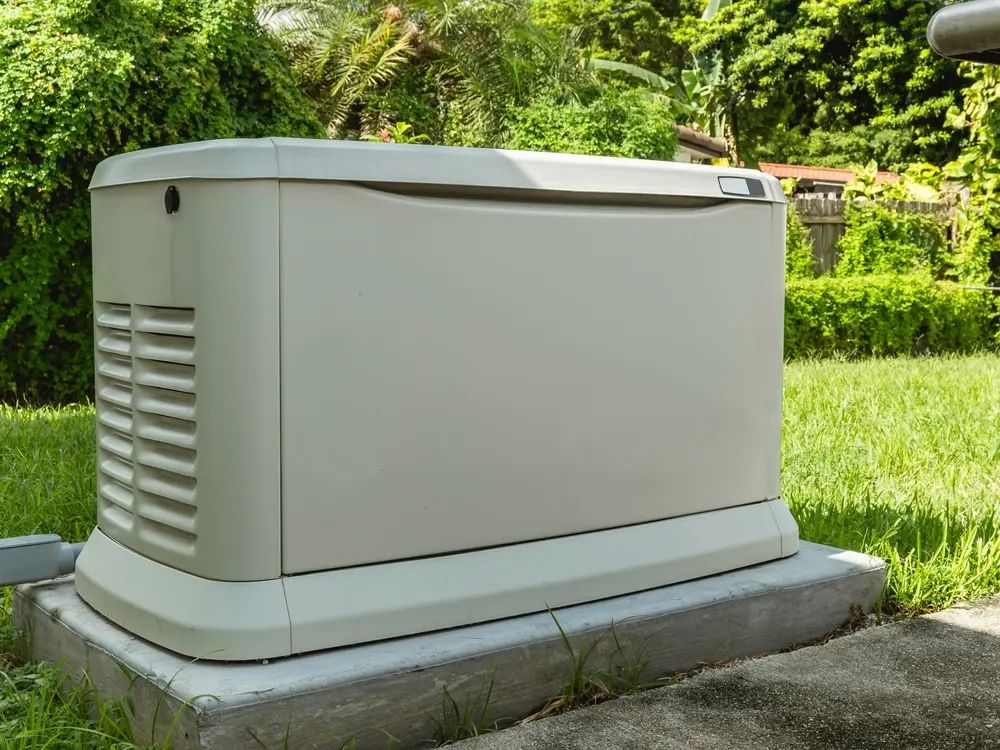
Immediate Steps to Take When Your Generator Fails
When the generator cuts out, safety comes first. Do not try risky fixes in the middle of a storm.
- Stay safe: Never open panels or mess with wiring while it’s raining or windy.
- Check the fuel: Look at your propane gauge. Make sure the natural gas valve is open. Tanks run out faster than most people think.
- Look at breakers and switches: A tripped breaker or transfer switch may be the only issue. Resetting it carefully can get things running again.
- Watch for warning signs: Flashing lights, error codes, strange noises, or puddles near the unit all mean trouble.
- Call for help: If those basics don’t get it running, it’s time to call for emergency generator repair. A trained tech has the tools and knows how to get it fixed safely.
A quick check is fine. Beyond that, leave the heavy lifting to professionals.
How Professional Generator Service Can Save Your Home
Trying to figure it out yourself usually makes things worse. A trained technician can:
- Find the problem fast without guesswork
- Use OEM parts that keep the system reliable
- Service Generac and other common models correctly
- Offer maintenance options that stop the same failure from happening again
It is about more than comfort. Backup power keeps sump pumps working, protects medical equipment, and prevents food from spoiling when the outage lasts more than a few hours.
Tips to Prevent Generator Failure in the Future
Preparation goes a long way. Simple habits lower the chance of being left without backup power.
- Schedule yearly service. A licensed tech will check batteries, fuel lines, and parts that wear out.
- Run the generator once a month. Even a short test proves it will start when you need it.
- Keep fuel topped off before hurricane season. For natural gas, make sure valves are working and lines are inspected.
- Add remote monitoring if your model allows it. A MobileLink device can alert you to problems before you even start the unit.
- Make generator checks part of storm prep. Right along with bottled water and flashlights, confirm your generator is ready before bad weather rolls in.
FAQs
Can I fix my generator myself during a storm?
No. Storm conditions make it unsafe, and electrical repairs without training can be dangerous. Quick checks for fuel or breakers are fine but leave the rest to a professional.
How quickly can a technician respond in an emergency?
It depends on the storm and how many calls are coming in. LimRic has crews ready for emergency generator repair in North Charleston and Charleston County. We do everything possible to get someone to you quickly.
How often should I service my generator to avoid failure?
At least once a year. If your unit runs a lot during storm season, it may need service more often. Oil changes, filter replacements, and battery checks are all part of Generac generator maintenance that keep the system ready for the next outage.
What should I do if my generator stops working during a storm?
Check the basics, like fuel levels, the breaker switch, and whether the unit is overloaded. If it still won’t run, call for professional service as soon as possible. LimRic has trained crews ready to handle emergency generator repairs in Charleston and the Lowcountry once conditions allow.
- About Us (11)
- AC (13)
- Air Quality (10)
- Circuit Breakers (2)
- Commercial (0)
- Company News (5)
- Electrical (3)
- Electrical Repair (1)
- Energy-Efficient (4)
- Featured (0)
- Furnace (3)
- Generator Repair (1)
- Generators (1)
- Give Back Grant (3)
- Heat Pumps (1)
- Heating (6)
- HVAC (28)
- Plumbing (29)
- Residential (10)
- Thermostat (3)
- Uncategorized (54)
- Water Heater (4)
- Winter (5)


